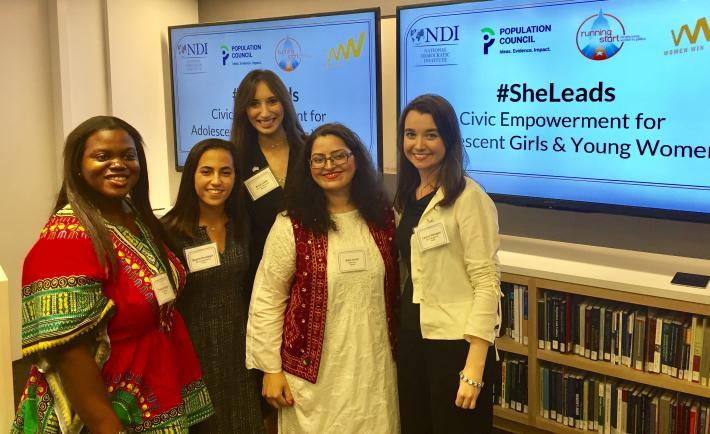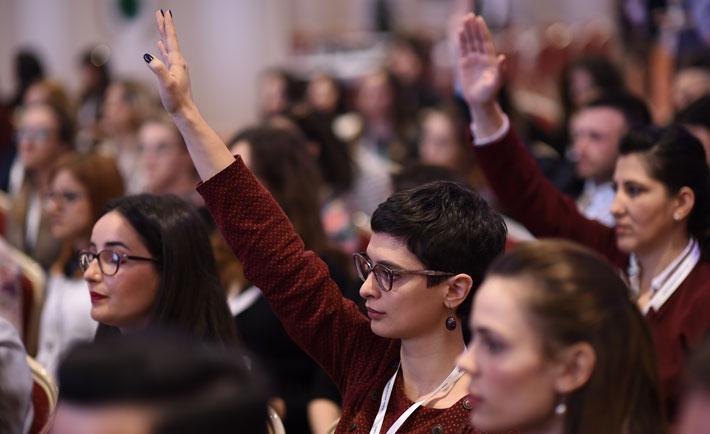
Today, in celebrating the International Day of the Girl Child, I wanted to reflect on the recent event focused on the political leadership of adolescent and young girls that took place on September 18 in New York City. Among the persistent honking, blaring sirens and crowds of people common with each convening of the United Nations General Assembly, seven young women -- all under the age of 30 -- took to a microphone to share their stories of political engagement. These women were from Kenya, Honduras, Nigeria, Pakistan, Ireland and the United States, but their stories declared a common theme: in order to ensure that we have an equal, representative pool of young women who are politically engaged, we must reach and encourage them before they reach the age to vote.


